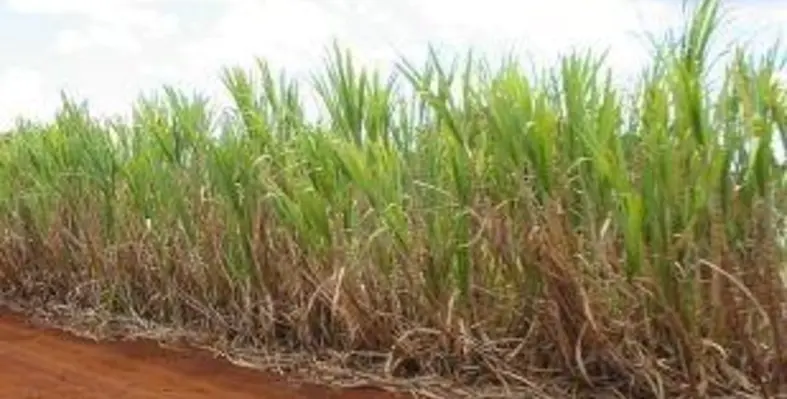The Zimbabwean cabinet has approved a government takeover of Green Fuel, a large-scale ethanol factory in Chisumbanje that manufactures anhydrous ethanol from sugarcane
Green Fuel, a joint venture between the Agricultural Rural Development Authority (Arda) and Rating and Macdom Investments, has been taken over under the country’s indigenisation and empowerment laws, according to Zimbabwean newspaper, The Herald.
The move means that the government now owns a 51 per cent stake in the project, 10 per cent will be given to the community and the remaining 39 per cent will remain with the private investors.
Joseph Made, the minister for agriculture, mechanisation and irrigation development, said, "Cabinet concluded that the BOT [Build, Operate and Transfer] agreement signed between Arda and Green Fuel and other partners was null and void as it has not been authorised by government through cabinet."
Made said the project would now become a joint venture between government and private investors whose ownership structure should be in the framework of the country's indigenisation and empowerment laws.
Arda chairman Basil Nyabadza said that the BOT arrangement was the existing binding legal position of the project and stressed that the government had been updated weekly regarding the project’s development.
According to the New Zimbabwe website, the government has resisted pressure from Green Fuel to introduce mandatory blending of petrol and ethanol.
This has resulted in the cessation of production at the plant as the company has now stockpiled 10 million litres of ethanol and exhausted its storage capacity.
This has resulted in the jobs of 5,000 plant workers being put at risk according to Green Fuel.
“Mandatory blending would be a way of lowering fuel prices, increasing the fiscal liquidity through domestication of cash instead of exporting revenues to the Middle East,” a statement from the company said.
“Mandatory blending would be decreasing Zimbabwe’s dependence on imported fuel and, most importantly, immunising the local economy from external fuel price manipulation.”
Made responded to this by saying that the cabinet had agreed that Green Fuel was welcome to export its excess stock without any government interference.












